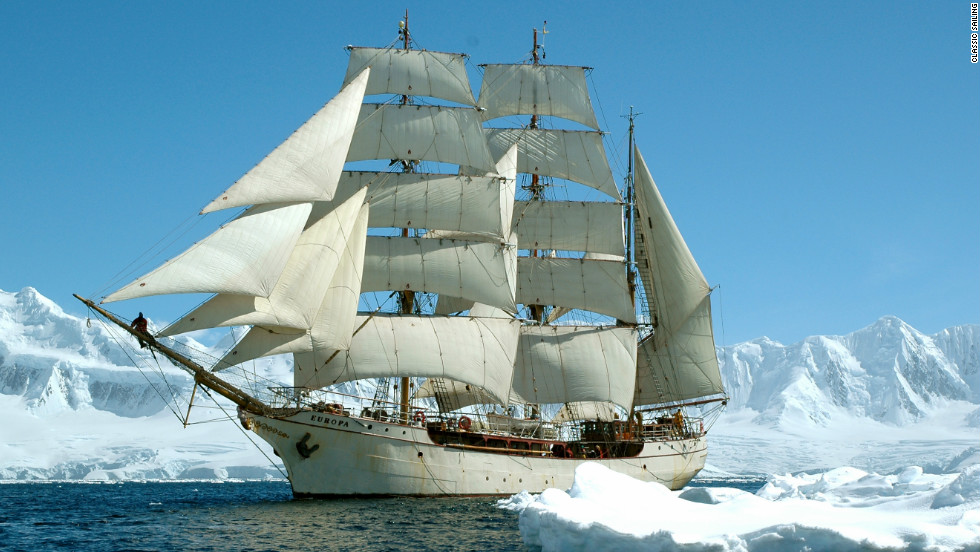Mini Sheet: Various Sailing Ships and Sailboads (Guinea 2002)
Various Sailing Ships and Sailboads (Guinea 2002)
08 February (Guinea ) within release Sailing and Sports (2002) goes into circulation Mini Sheet Various Sailing Ships and Sailboads face value 6*750 Guinean franc
| Mini Sheet Various Sailing Ships and Sailboads in catalogues | |
|---|---|
| Michel: | Mi: GN 3621-3626KB |
Mini Sheet is square format.
Also in the issue Sailing and Sports (2002):
- Stamp - Bark (1968) face value 750;
- Souvenir Sheet - Full Rigged v. XX face value 4,000;
- Stamp - Galleass c. XVI face value 750;
- Souvenir Sheet - Pinnace v. XVII face value 4,000;
- Stamp - Sailboard face value 750;
- Stamp - Sailboat Sailing under Spinnaker face value 750;
- Stamp - Schooner Deux Möts (1932) face value 750;
- Stamp - Schooner Trois Möts (1866) face value 750;
- Mini Sheet - Various Sailing Ships and Sailboads face value 6*750;
Mini Sheet Various Sailing Ships and Sailboads it reflects the thematic directions:
A modern sailing ship or sailship is any large wind-powered vessel. Traditionally a sailing ship (or simply ship) is a sailing vessel that carries three or more masts with square sails on each. Large sailing vessels that are not ship-rigged may be more precisely referred to by their sail rig, such as schooner, barque (also spelled "bark"), brig, barkentine, brigantine or sloop. There are many different types of sailing ships, but they all have certain basic things in common. Every sailing ship has a hull, rigging and at least one mast to hold up the sails that use the wind to power the ship. The crew who sail a ship are called sailors or hands. They take turns to take the watch, the active managers of the ship and her performance for a period. Watches are traditionally four hours long. Some sailing ships use traditional ship's bells to tell the time and regulate the watch system, with the bell being rung once for every half hour into the watch and rung eight times at watch end (a four-hour watch). Ocean journeys by sailing ship can take many months, and a common hazard is becoming becalmed because of lack of wind, or being blown off course by severe storms or winds that do not allow progress in the desired direction. A severe storm could lead to shipwreck, and the loss of all hands. Sailing ships are limited in their maximum size compared to ships with heat engines, so economies of scale are also limited. The heaviest sailing ships (limited to those vessels for which sails were the primary means of propulsion) never exceeded 14,000 tons displacement. Sailing ships are therefore also very limited in the supply capacity of their holds, so they have to plan long voyages carefully to include many stops to take on provisions and, in the days before watermakers, fresh water.
Sport is a form of physical activity or game. Often competitive and organized, sports use, maintain, or improve physical ability and skills. They also provide enjoyment to participants and, in some cases, entertainment to spectators. Many sports exist, with different participant numbers, some are done by a single person with others being done by hundreds. Most sports take place either in teams or competing as individuals. Some sports allow a "tie" or "draw", in which there is no single winner; others provide tie-breaking methods to ensure one winner. A number of contests may be arranged in a tournament format, producing a champion. Many sports leagues make an annual champion by arranging games in a regular sports season, followed in some cases by playoffs.


